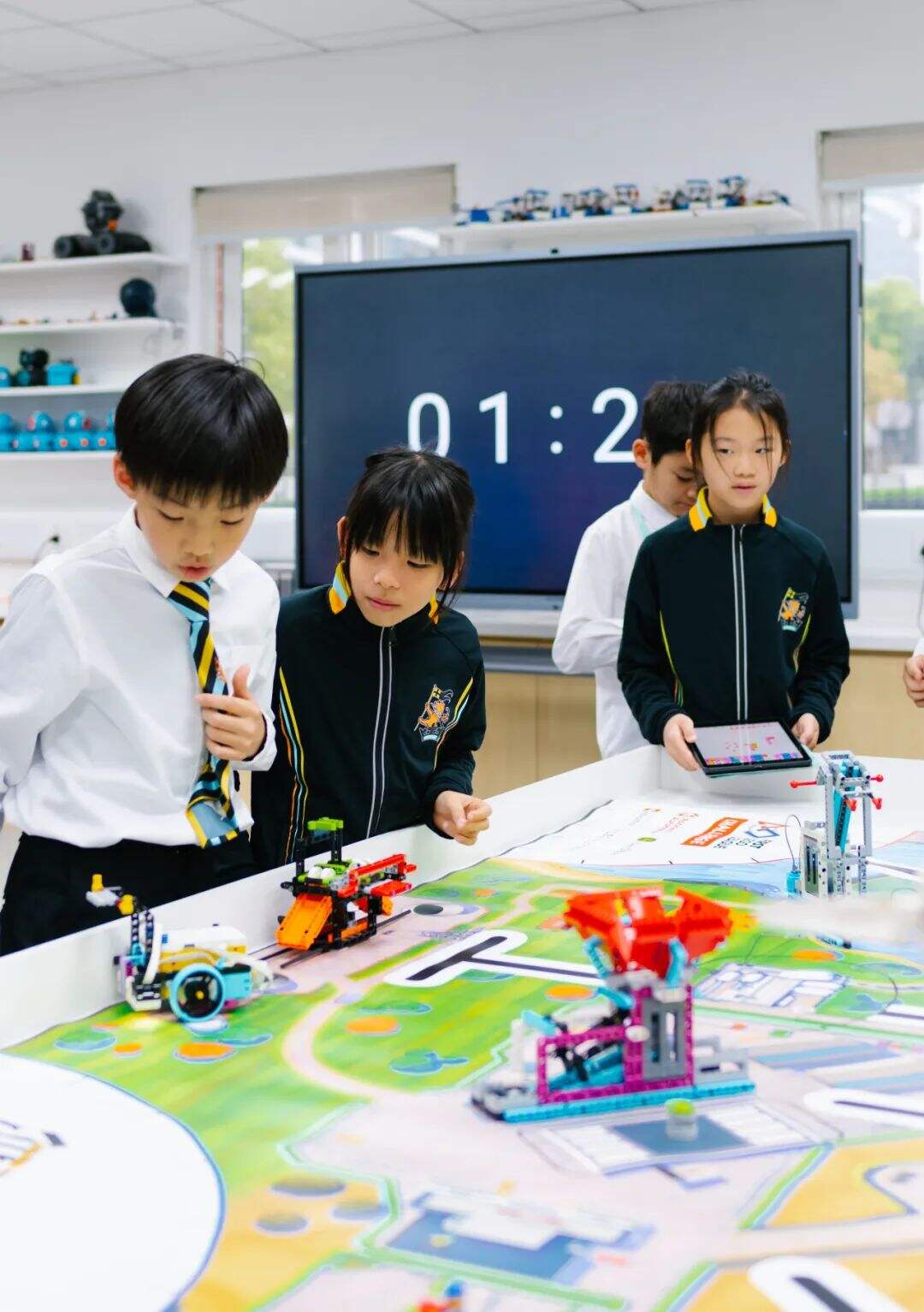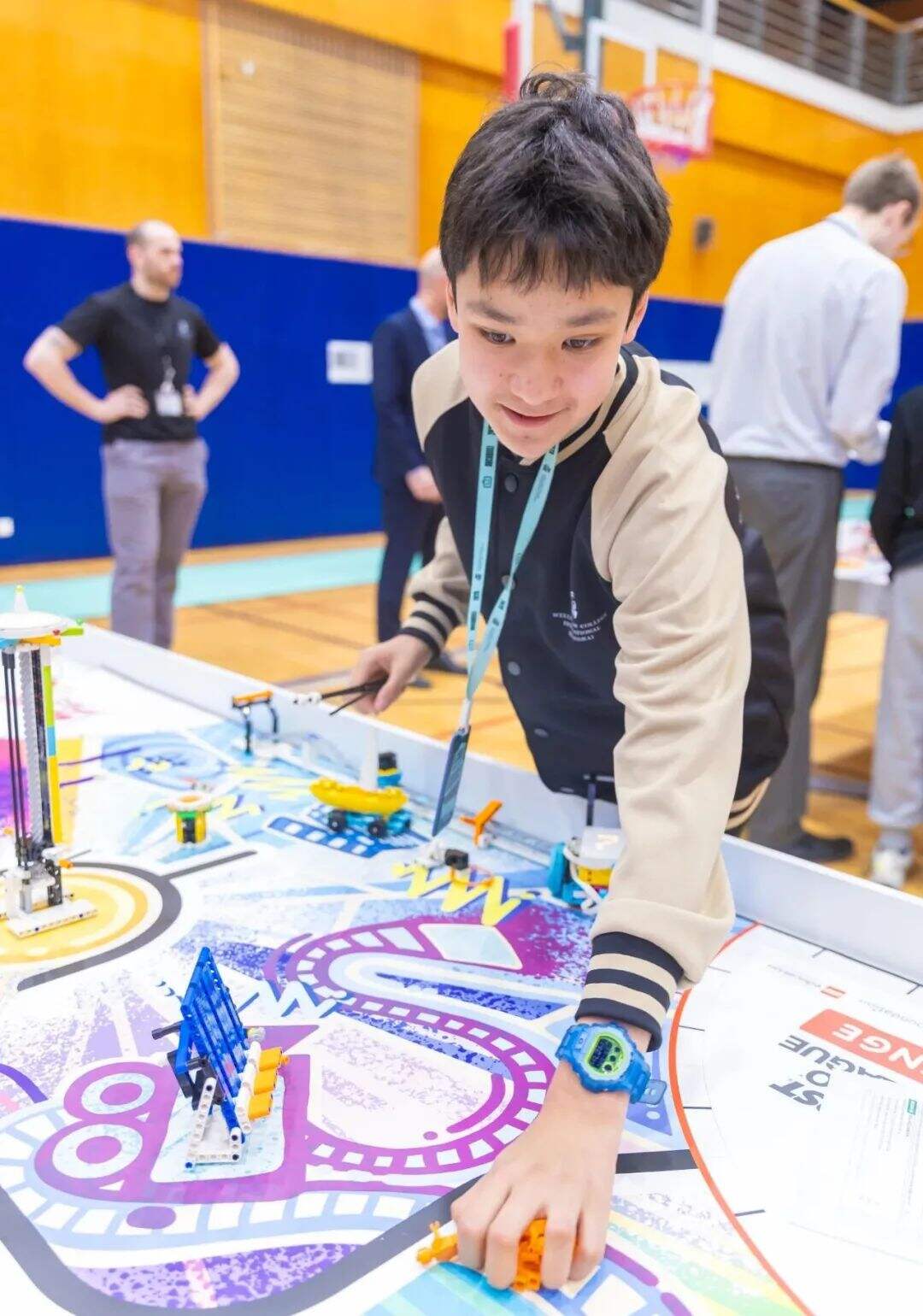How EdTech supports innovative learning across Wellington

Victoria Doamekpor
The evolution of educational technology has accelerated rapidly over the past few years, driven by the demands of effective online learning practices and the exponential growth of generative AI platforms. As educators, our challenge is to harness these advanced tools in ways that enhance learning, whilst being mindful of their impact on pupil wellbeing.
As with any educational tool, technology should be used in meaningful ways to support and enhance learning opportunities for pupils. The International Society for Technology in Education (ISTE) has just released its new Transformational Learning Principles, which are a set of eight evidence-based guidelines that highlight the most essential elements of effective learning.
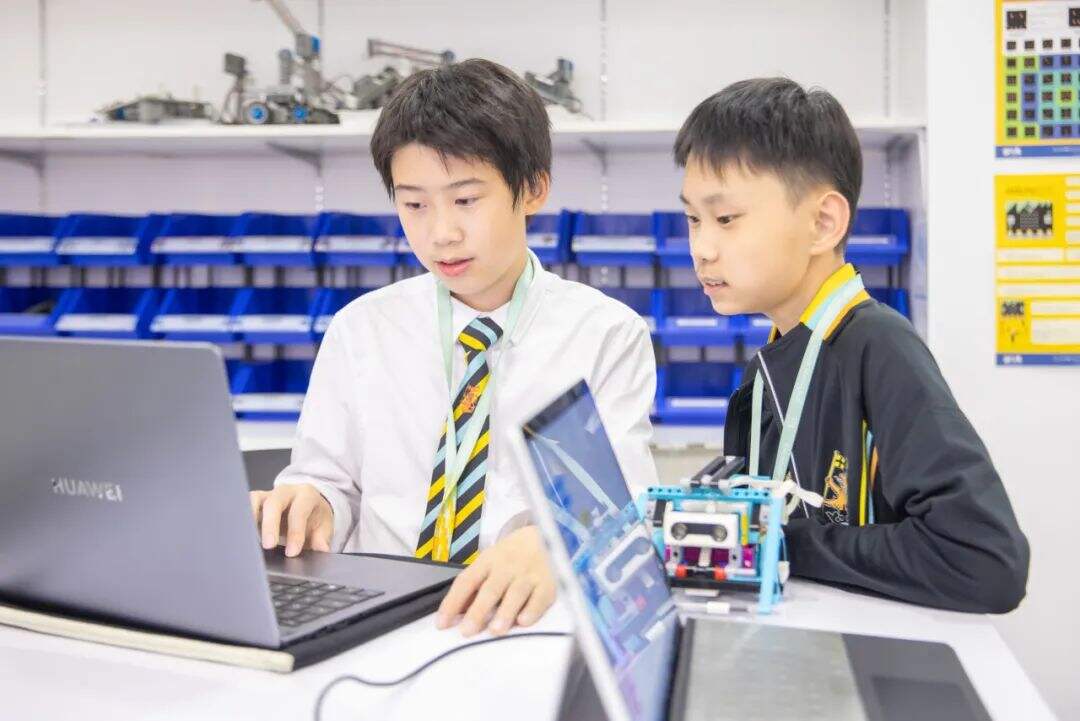
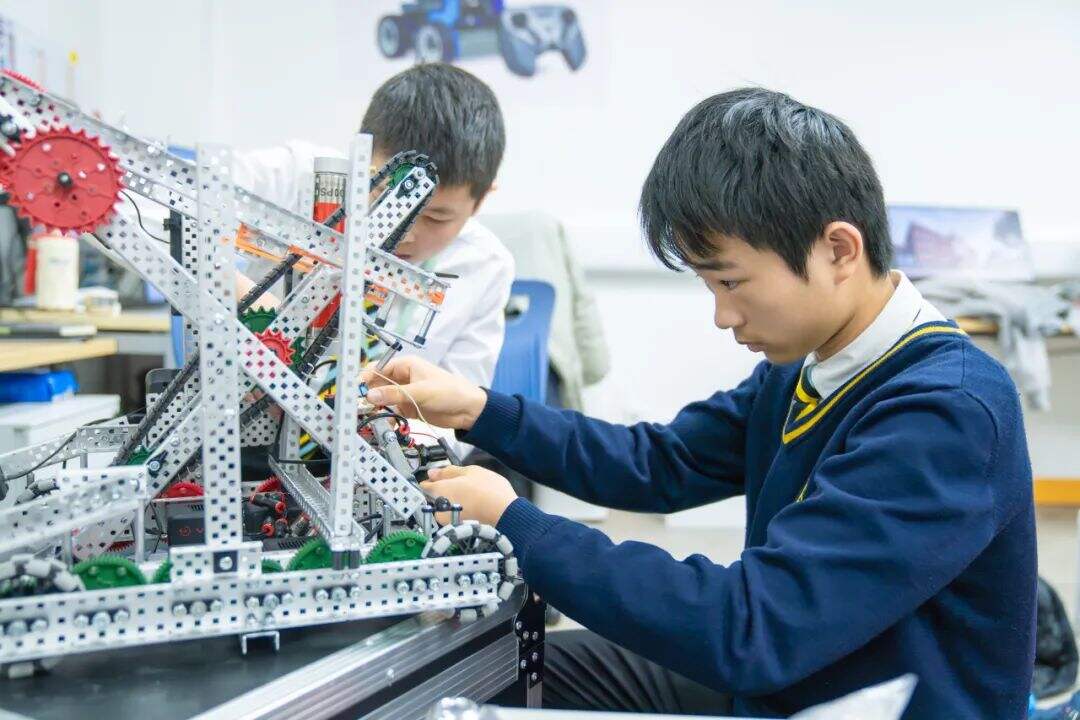
Centering on instructional interactions and approaches, these principles provide a framework for reimagining positive and memorable learning experiences for pupils designed to nurture, guide and empower pupils with their use of technology. These principles align well with Wellington’s clear vision and purpose founded on three pillars that inspire our children to be learners, connectors and changemakers.
Educational Technology plays a large role in providing authentic, personalised learning experiences for our children. As educators, one of our current aims is to address, navigate and balance the downsides of educational technology tools whilst understanding the importance of their use in teaching our children future-ready skills. At Wellington, we have constructed a robust and future-proof curriculum, providing age-appropriate opportunities for authentic learning experiences to support the development of essential 21st-century skills.
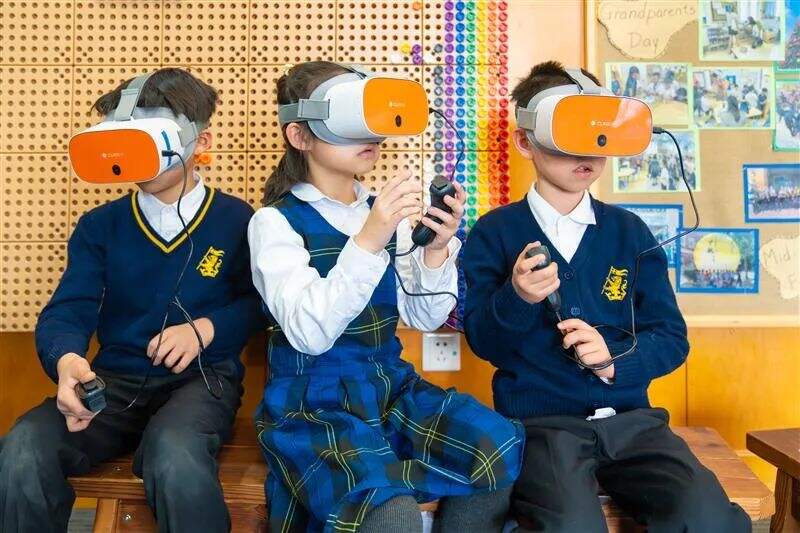
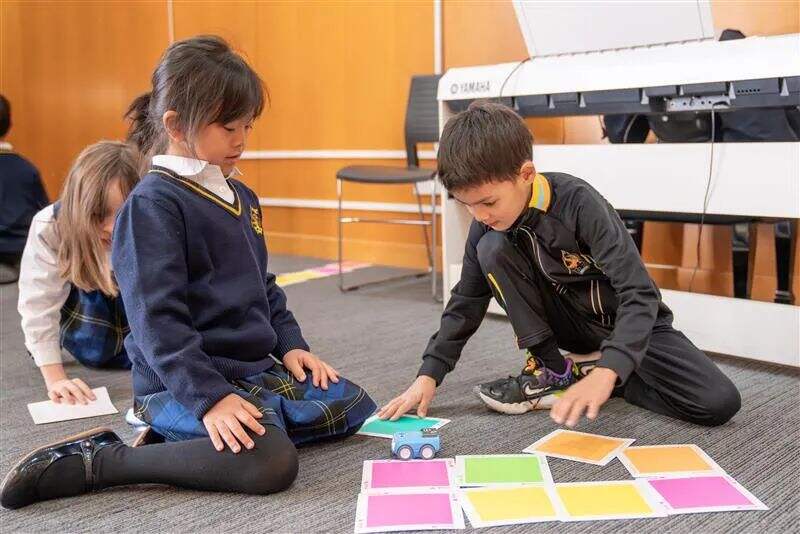
We adopt the IB’s Approaches to Learning, which support critical thinking, problem-solving, creativity and collaboration and provide guidance to children on suitable digital platforms and AI tools which can support these skills, rather than replace them. Seesaw and Microsoft Teams provide digital learning platforms for our children to take ownership of their learning and gain independence from a young age. Built into these systems are AI-infused applications, tailored and personalised to groups and individual pupils.
Children immerse themselves in 360-degree planetarium videos and use virtual reality headsets to explore places and times to make real-world connections with their learning. Generative AI platforms, such as Magic School, ChatGPT and NotebookLM are now used by our staff and children to develop research skills that are essential in the workplace. NapkinAI, Diffit, QuestionWell, Gamma are other tools being used, including RevisionDojo for IB pupils. In the Primary School, we have developed a new Digital Innovation Space which brings the maker space culture into the curriculum at early age, bringing digital use of technology into physical world.
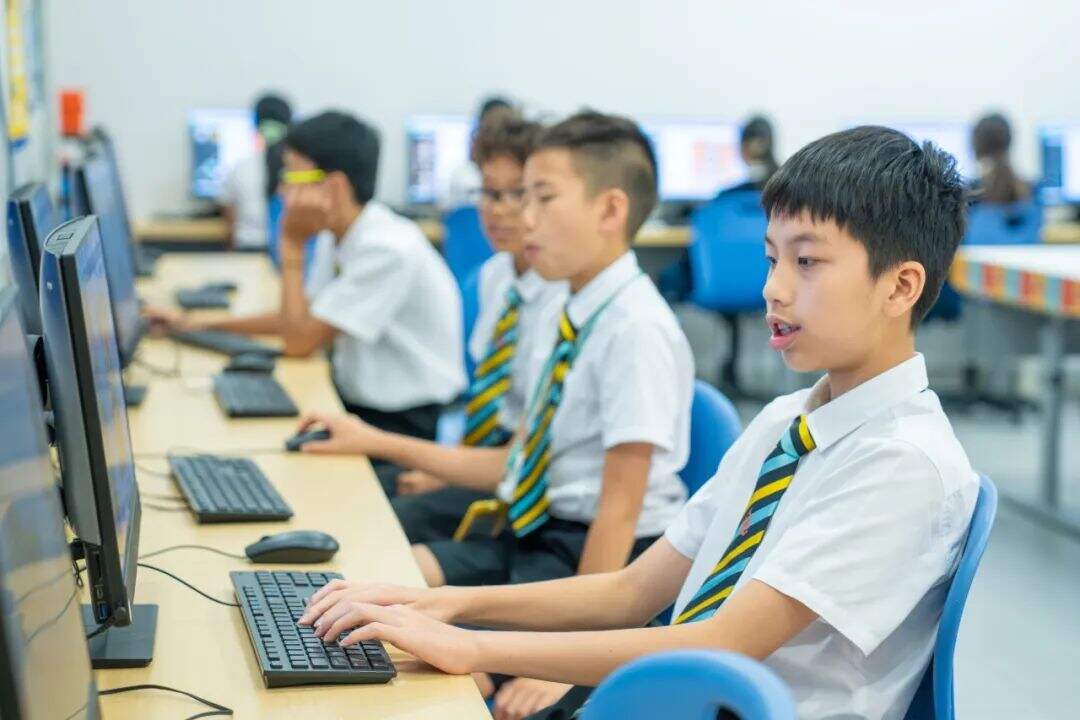
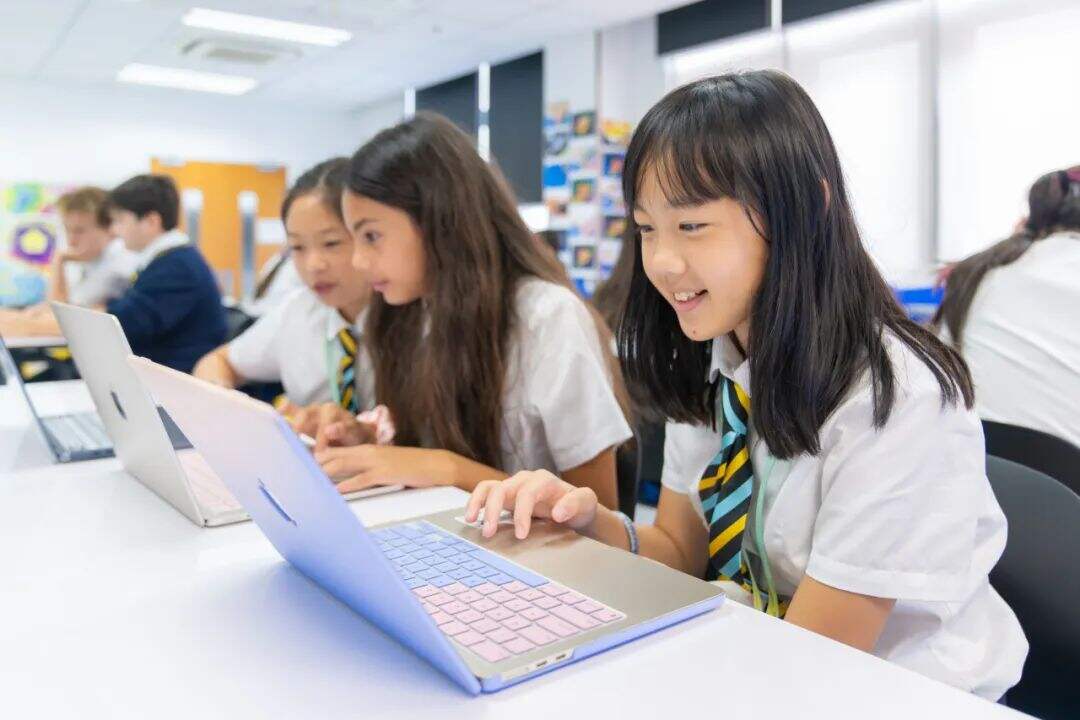
In addition, our wellbeing programme has been adapted and designed for our children to develop skills to support their use of technology including self-regulation skills and provide opportunities for discussions about issues such as screen time, addiction and social media.
At Wellington, we have seen that technology can support personalised and engaging learning opportunities that prepare our pupils for the future. By adopting the ISTE's Transformational Learning Principles and the IB's Approaches to Learning, we ensure that technology enhances rather than replaces essential skills like critical thinking and creativity. Moreover, our commitment to pupil wellbeing through dedicated programmes teaches children to manage their technology usage effectively, promoting a healthy balance between digital and real-world interactions.
As we continue to adapt and innovate, Wellington stands as a testament to the power of educational technology to not only educate but to inspire learners, connectors and changemakers in the 21st century.
Related Articles















